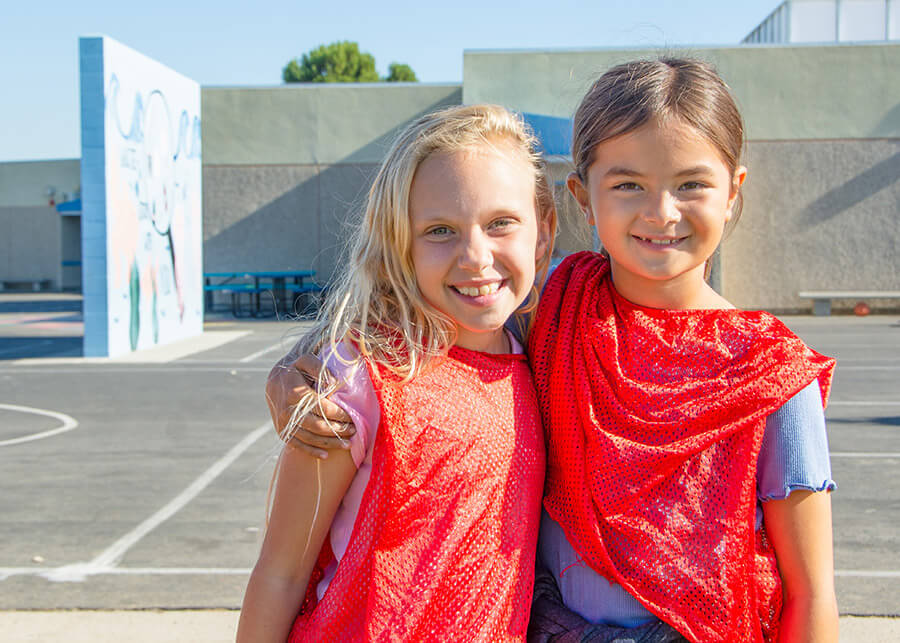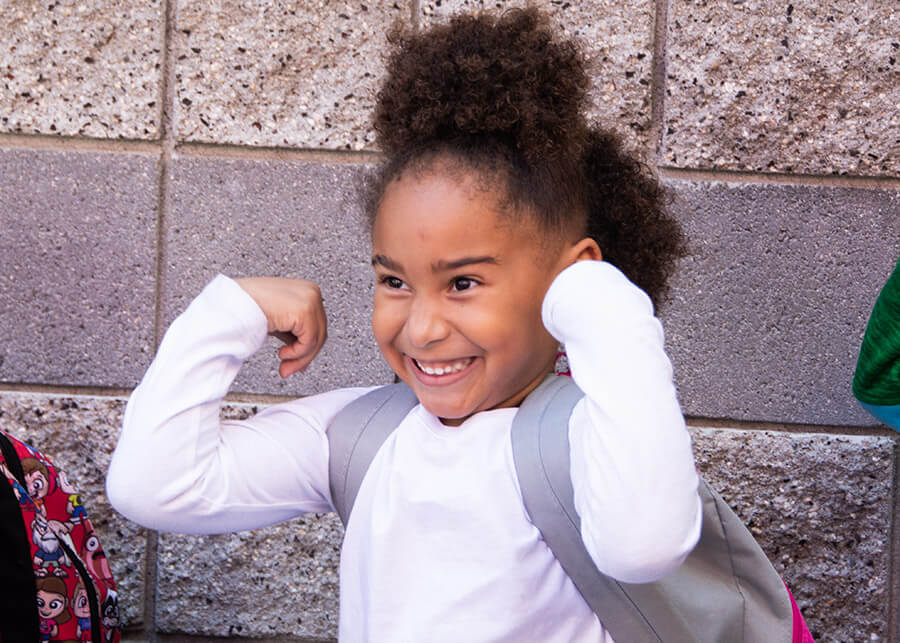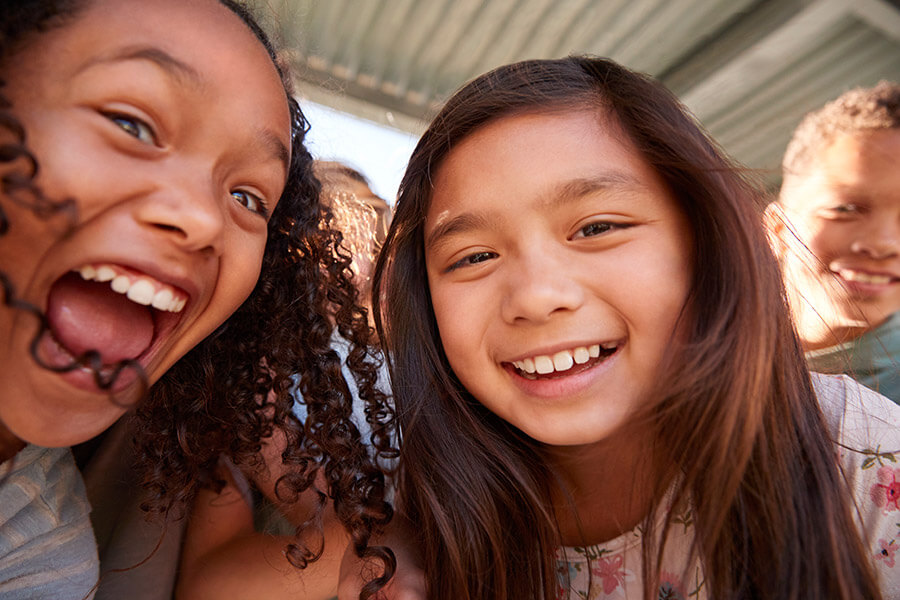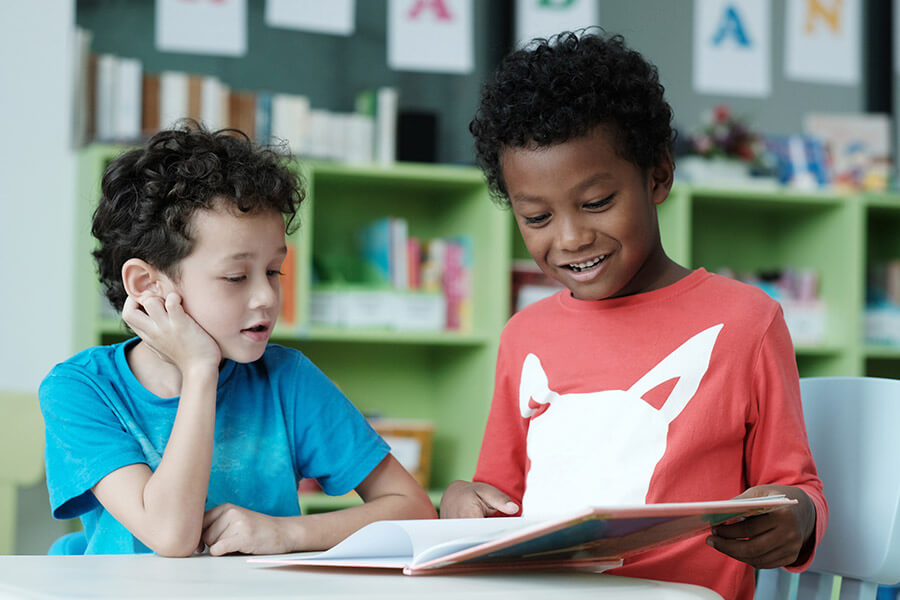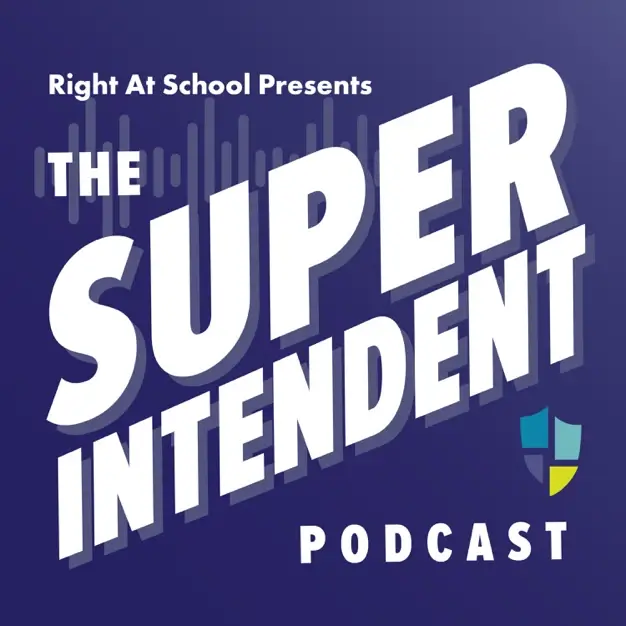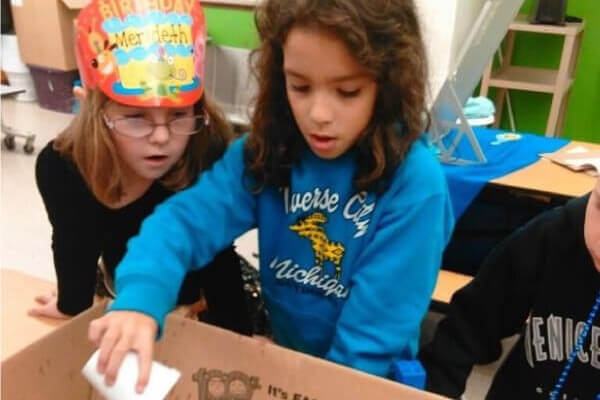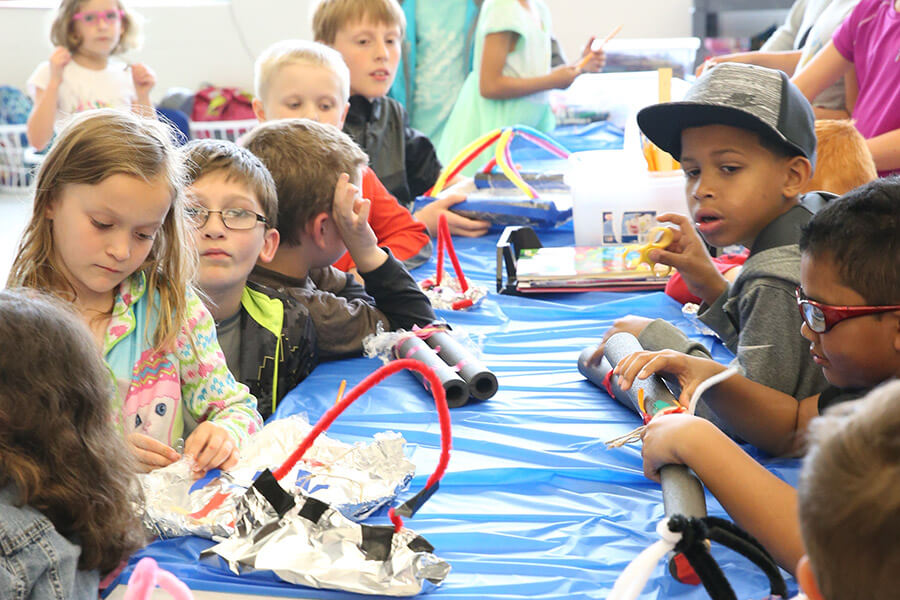
By Dr. Dawn Bridges, Vice President of Educational Affairs
Following the AASA National Conference on Education, I’ve been contemplating the vast array of discussions and presentations, which sparked inspiration and a sense of communal purpose among us. However, it’s the quieter, yet equally important topics that linger in my mind, suggesting avenues for growth and reflection in our approach to education. These are the areas I believe deserve more of our focus as we aim to enrich the educational experience for all students.
Social-Emotional Learning and Ecosystems
The integration of Social-Emotional Learning (SEL) into our educational ecosystems is a topic that warrants deeper exploration. SEL helps students understand and manage emotions, set and achieve positive goals, feel and show empathy for others, establish and maintain positive relationships, and make responsible decisions. It’s not just an educational strategy but a foundational approach that supports students’ development as whole individuals. This approach encourages a holistic view of education, where academic learning is intertwined with emotional and social growth, preparing students for the complexities of life beyond the classroom. The development of SEL ecosystems within our schools can profoundly impact the well-being and success of our students, necessitating a concerted effort from all stakeholders in the education community.
Strengthening Community Partnerships
The role of community partnerships in education cannot be overstated. Collaborations with local businesses, nonprofits, and families enrich the educational experience, offering students practical insights and connections to the world outside their classrooms. These partnerships not only provide valuable resources but also foster a sense of belonging and community engagement among students. Strengthening these relationships is vital for creating a supportive and resource-rich educational environment.
Exploring the Potential of Personalized Learning
The pursuit of personalized learning continues to be an aspirational goal, promising to cater to the unique needs, interests, and pace of each student. While challenges in implementation exist, the potential for significant positive impact on student learning is immense. Moving forward, it’s important to address the barriers to personalized learning, from technology to policy, and to find innovative solutions that make personalized learning accessible to all students.
Enhancing Educational Ecosystems
A critical area that requires our attention is the nurturing and enhancement of educational ecosystems. These ecosystems encompass the networks of relationships and resources that support the learning and development of our students. Recognizing the interconnectedness of classrooms, schools, families, and communities in these ecosystems highlights the importance of a collaborative approach to education. Strengthening these ecosystems involves fostering partnerships, sharing resources, and creating environments that support diverse learning pathways and experiences. By focusing on the health and vitality of our educational ecosystems, we can ensure a more supportive, inclusive, and adaptive learning environment for every student.
Celebrating the Unsung Heroes
Our educational systems thrive on the dedication of individuals whose efforts often go unnoticed. From the teachers who dedicate extra hours to support students, to the staff members who ensure our schools operate smoothly, their commitment is fundamental to our success. These heroes of education, with their relentless dedication, are deserving of our recognition and gratitude. Acknowledging their contributions is crucial for fostering a positive and supportive school culture.
Out-of-School Time (OST) Opportunities
The importance of out-of-school time opportunities is a topic deserving of more focus. OST programs offer valuable experiences that complement in-school learning, providing spaces where students can explore interests, develop new skills, and engage in social-emotional growth. These programs are crucial for holistic education, supporting academic achievement while fostering personal development. As we look to enrich our students’ educational journeys, expanding and enhancing OST opportunities should be a key consideration, ensuring that learning and growth continue beyond the classroom.
In sharing these reflections, I hope to spark a continued conversation among educators, administrators, and all stakeholders involved in shaping the educational experiences of our students. It’s through these discussions that we can begin to address the needs of our educational community more holistically, ensuring that every student has support, resources, and opportunities to thrive. As we carry forward the insights from the AASA conference and beyond, let’s commit to exploring these areas further, dedicating ourselves to the ongoing evolution of an educational ecosystem that truly meets the needs of all learners.

Dr. Dawn Bridges
Dr. Dawn Bridges has over 25 years of experience in the fields of education and professional learning, having held the roles of teacher, reading specialist, special education coordinator, principal, and assistant superintendent for curriculum and instruction. She has dedicated her career to ensuring that all students have the support they need to thrive in and out of school. You can follow Dr. Bridges on LinkedIn and Twitter and subscribe to the RAS blog to keep up with her work.
